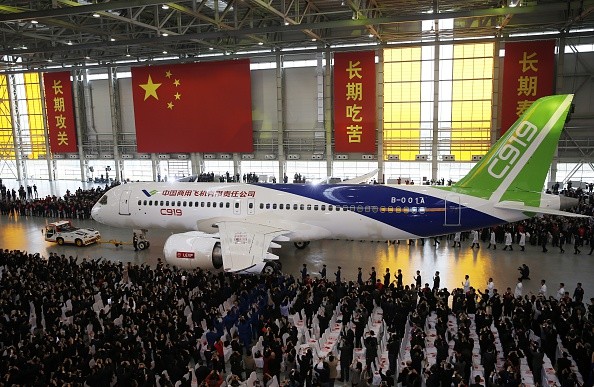China is ready to start the next stage of its economic development. A $300 billion plan is expected to overhaul several of China’s important industries to make the country mostly self-sufficient by 2025.
Western businesses, however, are worried that further development of China’s high-tech industries will ultimately be the cause of their ruin, according to an article by The New York Times.
“The Chinese make it clear that they want to be the global champion,” said Joeg Wuttke, president of the European Union Chamber of Commerce in China.
Wuttke published a report on Tuesday, March 7, that discussed the “Made in China 2025” program. According to the report, the Chinese government will lend assistance to 10 vital industries, creating an environment that favors Chinese companies.
In the “Made in China 2025” program, the Chinese government will give out large, low-interest loans and research subsidies from state-owned investment funds and development banks. In addition, the government will also help local players buy out foreign competition.
Such a move, Wuttke wrote in the report, would destabilize the businesses of foreign competitors.
European and American government officials have already voiced their displeasure in the program, but Beijing remains firm in rolling out the plan, according to The New York Times.
“We will fully implement our plan for developing strategic emerging industries,” said Premier Li Keqiang as he addressed the National People’s Congress last Sunday, March 5.
“We will accelerate [research and development] on and commercialization of new materials, artificial intelligence, integrated circuits, bio-pharmacy, 5G mobile communications and other technologies, and develop industrial clusters in these fields,” the Chinese Premier added.
China also plans to make the country self-sufficient in high-end manufacturing, covering the country’s needs in aircraft, rail equipment, robots, electric cars, agricultural machinery, and ships.
Through this, China hopes that the younger generation will be enticed to explore factory work instead of concentrating on higher-paid office jobs.



























